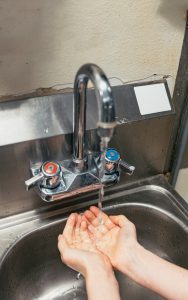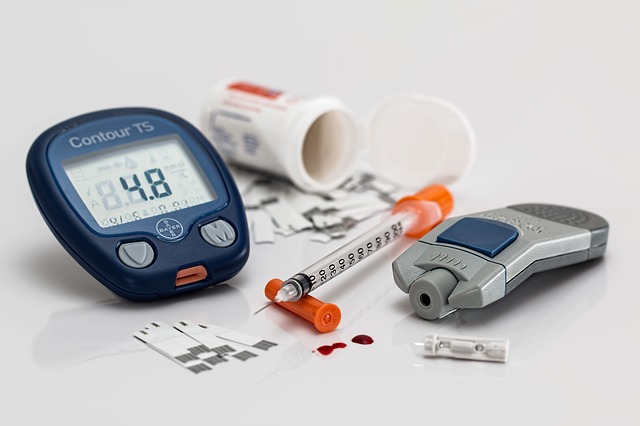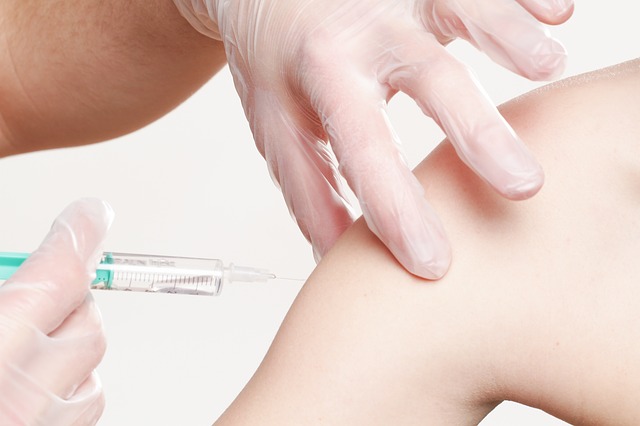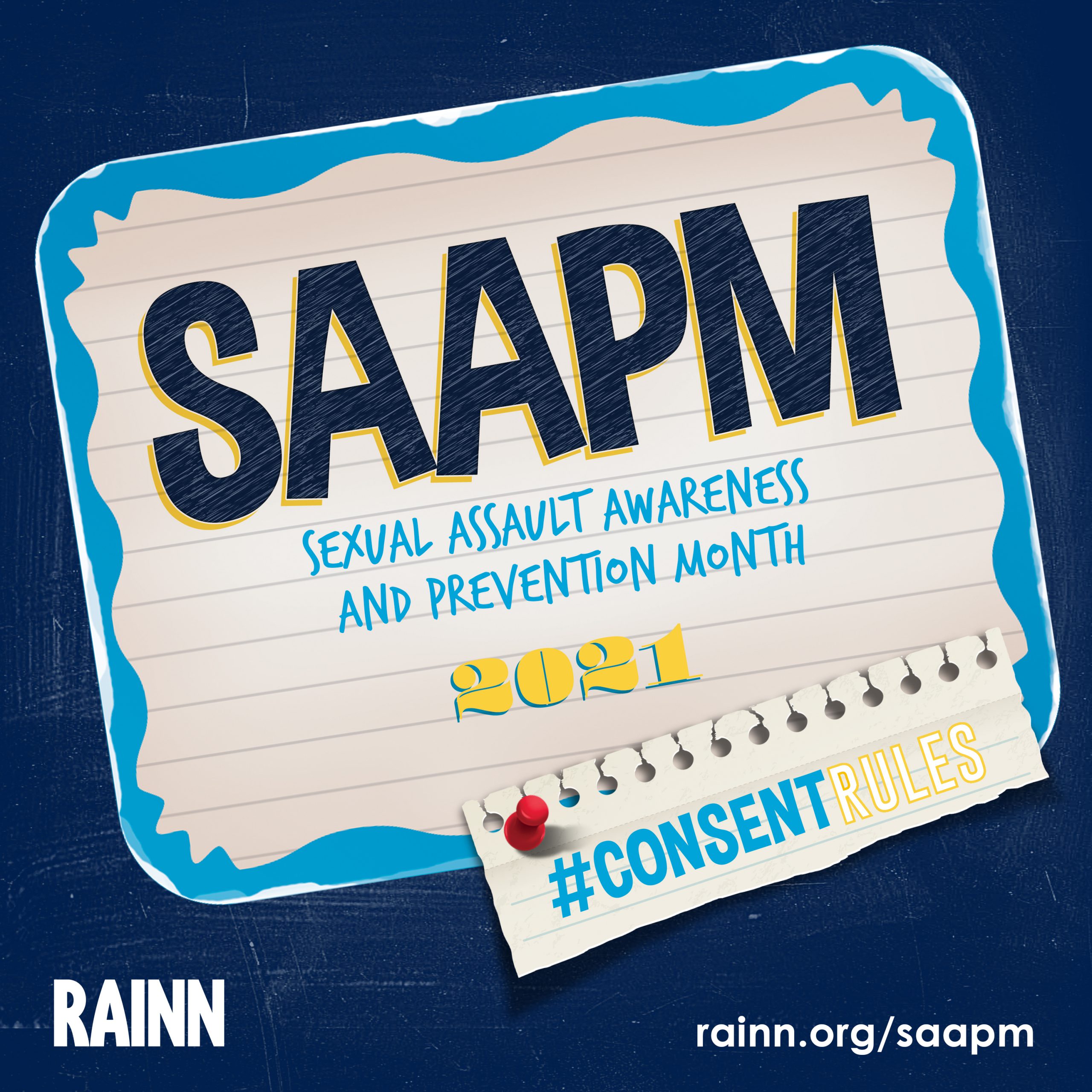Last Updated on March 12, 2020
Patient safety is a discipline that emphasizes safety in healthcare through the prevention, reduction, reporting, and analysis of incidents that lead to adverse effects. In 2016, such occurrences cost the U.S. and European healthcare systems $317.93 billion and are expected to rise to $383.7 billion by 2022. The bulk of these costs are directly associated with additional medical expenses, followed by increased mortality rates and loss of productivity. When indirect costs are accounted for, the estimated economic impact skyrockets to nearly $1 trillion annually.
Data indicates that the average cost per incidence of preventable harm is approximately $58,776 per injury. Medicare and other insurers usually don’t cover the cost of medical treatment related to adverse events and the remaining costs are typically externalized through malpractice insurance. The patients themselves typically shoulder indirect costs and the economy at large also suffers through disability payments, lost productivity and other associated costs.
While patients may not be in control of preventing all possible harm, they are an important part of their own healthcare team. There are ways to prepare for an appointment with a healthcare provider or a hospital stay:
- Bring all the medicines you are currently taking so that your healthcare team can review them. Don’t forget over-the-counter medications, dietary supplements, and herbal remedies.
- Make sure your care team knows about any allergies.
- Bring a family member or close friend with you. This way, even when you are not feeling well, this person can be alert, ask or answer questions, provide or hear important information, and step in if there are any problems.
- Know what the medicines given to you in the hospital look and taste like. If anything is different when your nurse brings them to you or the pharmacist fills a prescription, ask why.
- Know what conditions your medicines treat. It is helpful to know both the clinical and common name for your condition(s).
- Some discomfort may be expected, but it is important to let someone know about an unexpected response to medication, which could help flag a potential complication.
- Make sure your care team checks your hospital wristband before giving you medication.
- Share your medication list with a close friend or family member every time it changes. Make sure the list is dated, as your list of medications may change.
- Remember that some of the same drugs have different names, while some drugs have similar names but are different. Having a printed, legible list of your medications that includes generic and brand names is helpful in sorting this out.
- Respect all safety signs and messages. Behaviors such as washing your hands, making sure a security door is shut, or not allowing children to run down the halls, can help protect patients from harm.
- Share concerns and remain an active participant in the healthcare team. There are effective ways to show concern and participate while not disrupting care processes. Inviting the staff to engage you as a partner is a good first step.

In times of an outbreak, patient safety can extend to outside of a healthcare setting. The World Health Organization (WHO) has declared the coronavirus known as COVID-19 has reached pandemic scale, affecting at least 144 countries. Over a thousand cases of COVID-19 have been reported in the United States after doubling every few days for weeks. While COVID-19 is easy to transmit between people, it is only dangerous to already vulnerable individuals — people who are elderly or live with chronic illness and compromised immune systems. Even if you’re young and healthy, it’s everyone’s job to follow social distancing measures to avoid spreading illness to others, and keep the epidemic in slow motion. Slowing it down helps prevent the health service becoming overburdened. It is also imperative that healthy people do not hoard medical masks or hand sanitizer; the U.S. is facing a shortage for supplies desperately needed by immunocompromised patients and in hospital settings.
The NeedyMeds website has a database of nearly 17,000 free, low cost, or sliding scale clinics. Search your ZIP code for clinics in your area to find free or low-cost medical attention. The free NeedyMeds Drug Discount Card can be used by anyone to help save money on their prescribed medication — even over-the-counter medicine — regardless of immigration status. The card is available physically via mail, in a printable form, or as a smartphone app for Apple and Android devices. For more help finding information, call our toll-free helpline Monday-Friday 9am-5pm Eastern Time at 1-800-503-6897.





